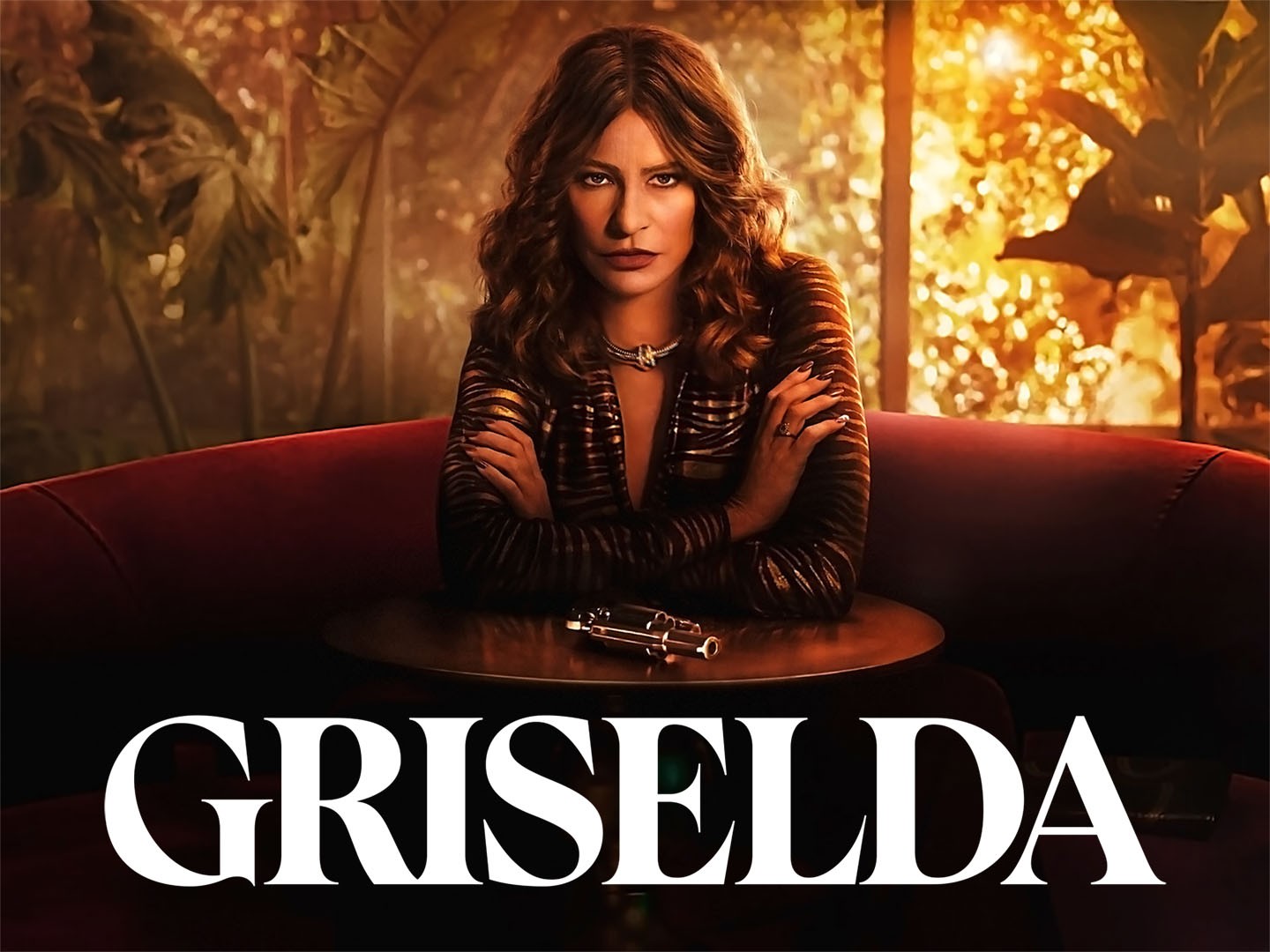“Griselda” is a revenge story. Yes, this is the account of how real-life drug queen Griselda Blanco (starring Sofia Vergara) rose to godmother of the Medellin Cartel. But this story is not about a damsel in distress who gets trapped in the underworld.

Rather, what creator Eric Newman offers is a window into the mind of an extremely vigilant and intelligent woman intent on taking back everything that was stolen from her, even if she destroys herself in the process. Fast-paced and well-acted, the show is brutal, charming and full of high drama. Everything starts with running away boldly.
Griselda TV Series (2024)
Created by the team behind “Narcos,” the limited series debuted in Medellín, Colombia in the late 1970s. Visibly distressed, the injured Griselda runs to the front door of her well-kept home. She makes a frantic phone call to a friend, Carmen (Paulina Davila), before packing a bag and waking up her sons, Ozzie (Martin Fajardo), Uber (Jose Velazquez) and Dixon (Orlando Pineda). As she walks the boys out of the house with suitcase in hand, she informs them that she is divorcing her stepfather and they are moving to Miami.

Griselda leaves things unresolved in Medellín, which is revealed later, but when she and her son arrive in Miami in 1978, she eagerly embraces the city’s frenetic energy. Despite the show’s predictable beats, what’s interesting about “Griselda” is that the audience meets her right in the middle of her life; This is just the beginning of his story. It’s immediately clear that reinvention is something Griselda has mastered.
Griselda, who lives in Carmen’s small house with her three sons, is not content working at the front desk at her friend’s travel agency. Undeterred by the promises made to Carmen regarding getting out of the drug game, she immediately sets to work selling a kilo of coke smuggled into the country.
Determined to rebuild himself and his children, the show depicts the crime boss painstakingly planning his quest to regain absolute power. When faced with misogyny, machismo, violence and threats, she changes her tactics. For Vergara, who serves as an executive producer on the show and has built a career in comedy, watching her transform into an increasingly agitated and malicious woman is a treat to watch — complete with prosthetics and 1970s fashion. Is included.
While “Griselda” condenses La Jefa’s three years of time in South Florida into just six hour-long chapters, not a single moment or line of dialogue is wasted. No character or choice is meaningless. The scenes are so sharp that the series moves at just the right pace. By episode 5, “Paradise Lost”, which jumps forward to 1981, as carefully as the show outlines Griselda’s rise as savior of the oppressed, it’s clear that this life of bloodshed, police surveillance, and intense paranoia has Griselda has been transformed into someone else entirely.
With a short haircut, freckled skin and yellow teeth, she has become a crack-cocaine-fueled Scarface-like monster in a luxurious castle. A confusing episode that mirrors telenovelas, it’s almost disturbing to watch, but the chaotic narrative shows how quickly power and greed can distort the human spirit.
The entire cast, including Vergara, is excellent in this display of ambition and vengeance. However, Martin Rodriguez’s role as Miami top-hitter Jorge “Revi” Ayala-Rivera is one of the most mesmerizing performances of a criminal mastermind on TV in recent times. Sluggish, erratic and sensual, he has a disturbing presence that transports the audience to an era and a super-specific world.
The performance and setting create some elements that are not completely matched in “Griselda”, including the display of Griselda holding a cigarette while holding a cigarette throughout the series. It’s intended to demonstrate how his mind devised his plans, but it also feels on the nose. There’s also a weird slow-motion scene in episode 2, “Rich White People”, that doesn’t quite fit the tone of the show.
